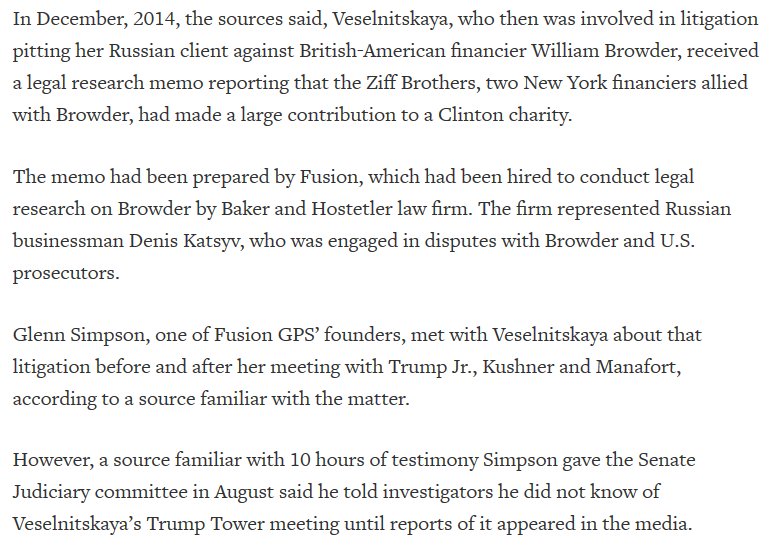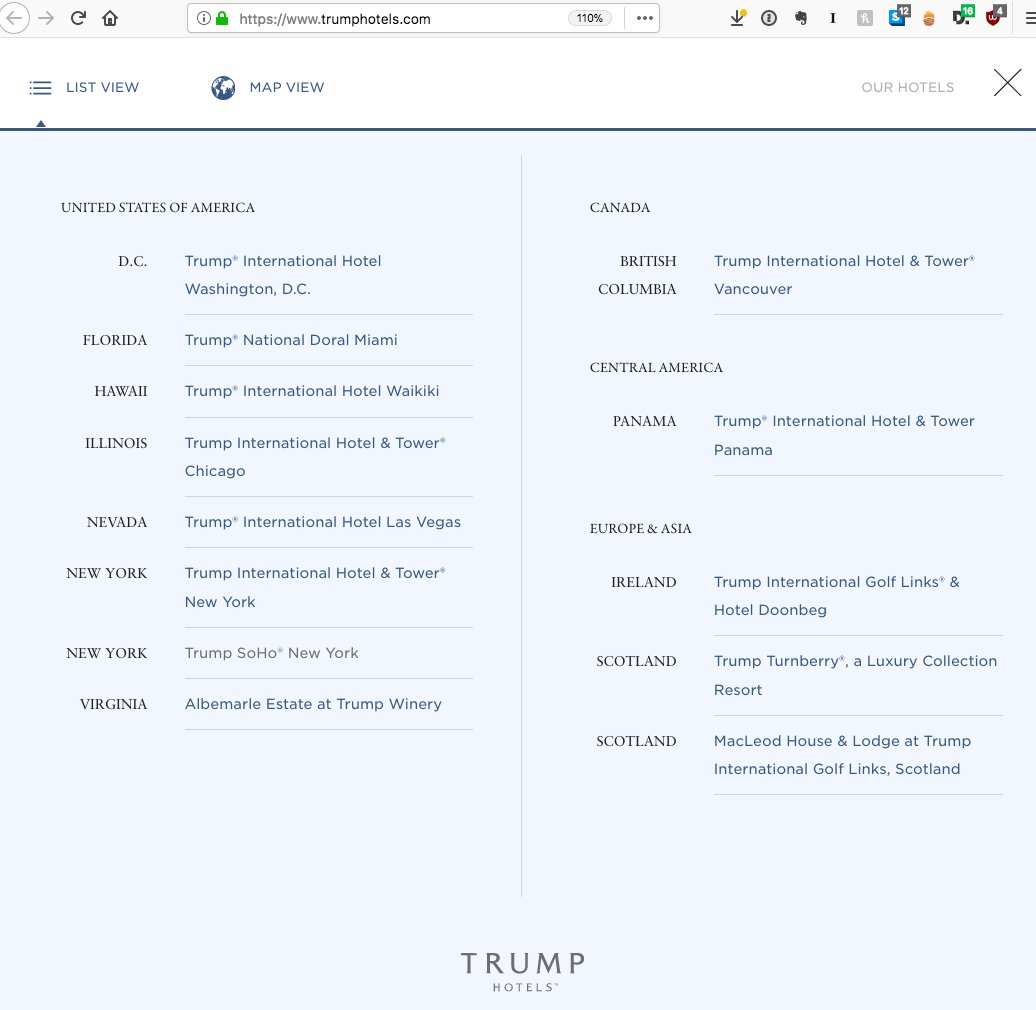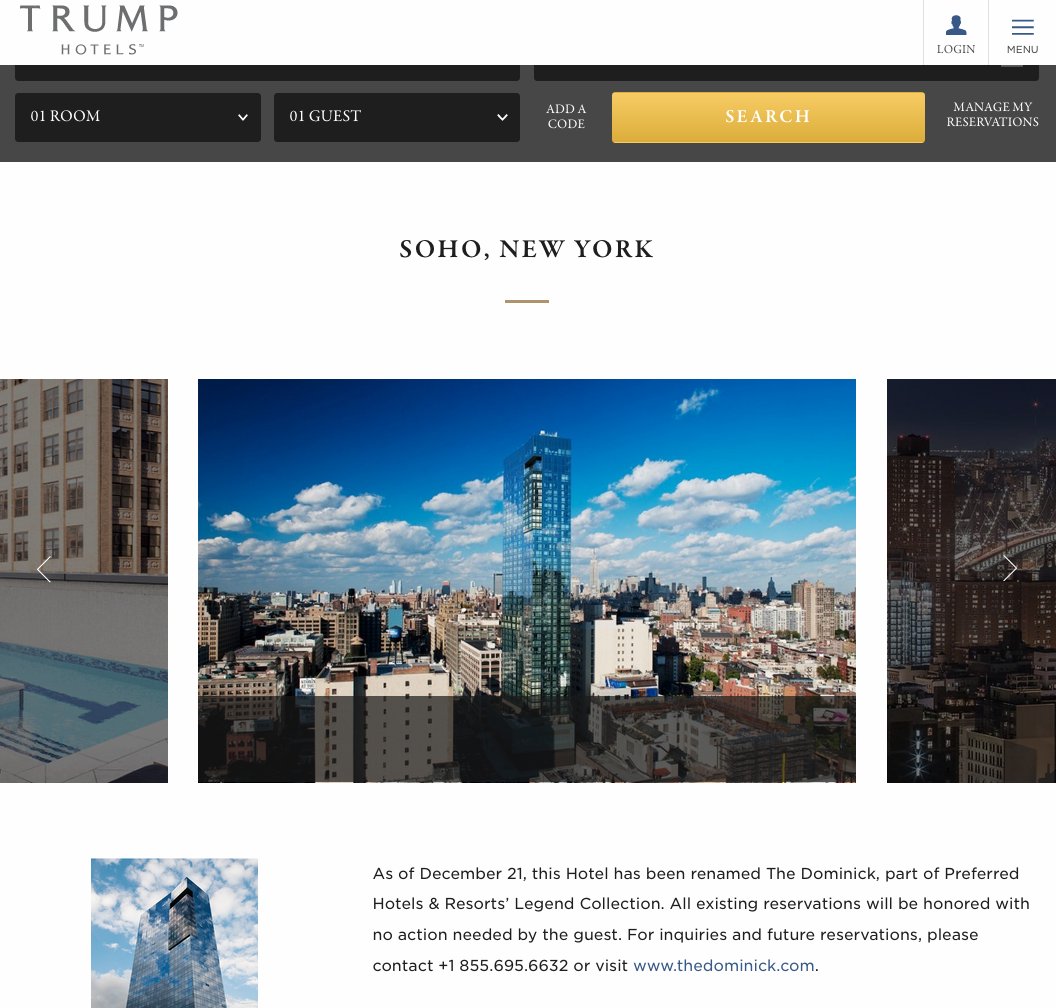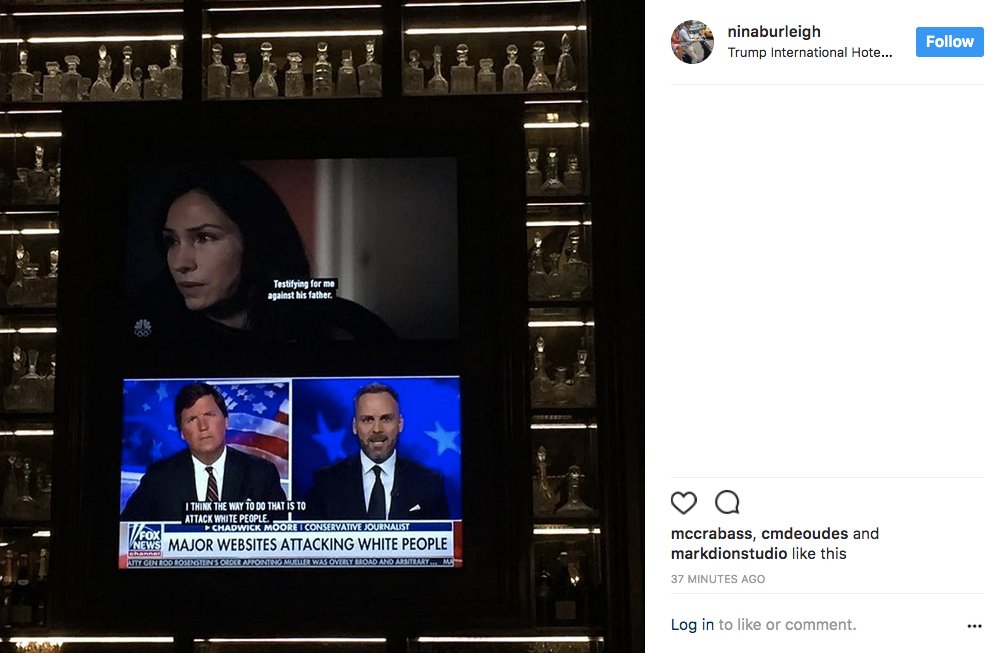I'm also in favor of President Trump's use of tariffs as a negotiating tool.
At it's most basic level an import is no more than a transaction. It happens to occur between a buyer and seller who reside in differing countries.
Consumers - companies, individuals & governments (theoretically) - look about for the best value for their money.
This doesn't necessarily mean the cheapest price. Quality can be a huge factor as well.
Being criticized was this:
"Keeping all else static - lower imports directly raises GDP."
Being ignored was this:
Goldberg is making current assumption that domestic production will fall.
When trade deficits fall foreign investment also falls.
Capital flows shift. Currency rates adjust.
Central Banks can - and do - distort markets.
The number of variables are simply staggering.
Goldberg is attempting to use textbook economic theory as a means to discredit what President Trump is doing.
Goldberg is focusing on short-term pain at the expense of long-term gain.
This is immensely misguided.
Tariffs for the sake of tariffs ARE bad economic policy.
But so are misguided and unfair trade practices.
Sustained tariffs reduce economic activity for all. They are a hindrance to free trade.
But in the appropriate circumstances - in the right hands - they can be an effective economic club.
"Ultimately, what’s going to happen is they’ll end up not charging a tax and we won’t have a tax. And that becomes free trade."
whitehouse.gov/briefings-stat…
Using tariffs as a negotiating tool in the short-term.
Imports & trade balances of themselves are NOT the problem.
Heavy regulations, tax imbalances & Multi-lateral Trade Agreements ARE the problem.
@realDonaldTrump knows this.
Hundreds of regulations were killed during President Trump's first year in office.
whitehouse.gov/briefings-stat…
If you tell me we’re going to experience lower taxes and reduced regulation, I’ll tell you the economy will improve, GDP will rise, the jobless rate will fall and the stock market will move up.
themarketswork.com/2018/01/18/tax…
NAFTA is on the chopping block and furious negotiations regarding unfair trade practices are going on behind the scenes.
As long as they result from an even playing field.
But when they result from uneven regulation, differing tax treatment and bad multi-party trade agreements that create manufacturing imbalances - problems arise.
They are Multi-Party Trade Agreements.
A true free trade agreement should be on one page and simply contain two words: Free Trade
Issues of corporate tax rates, governmental regulations, etc. intrude their way into practical application.
If we must enter into trade agreements, they should be done on a bi-lateral negotiated basis.
We don't need to worry about manufacturing jobs.
What's done is done.
"Some of those jobs of the past are just not going to come back."
"When somebody says [Trump]…that he’s going to bring all these jobs back. Well how exactly are you going to do that? What are you going to do? There’s no answer to it."
CNBC: Over the past year through July, U.S. manufacturing added 327,000 jobs, the most of any 12-month period since April 1995.
cnbc.com/2018/08/03/job…
Expect another good number for Q2 '18 after full reporting has completed.
taxfoundation.org/business-inves…
They are literally betting on economic improvement & GDP growth.
They price in ALL available information.
I’m all but certain the markets expect President Trump’s tariff’s will be short-lived.
But then, If we'd listened to Goldberg we'd have Hillary Clinton as President.
/End.
Enhanced article article version of thread.
themarketswork.com/2018/08/05/tar…









